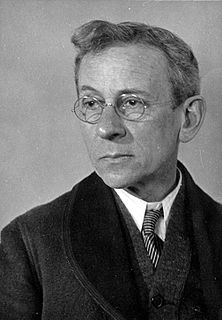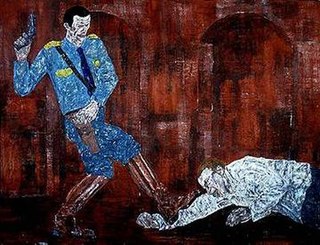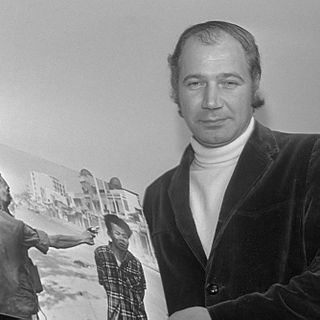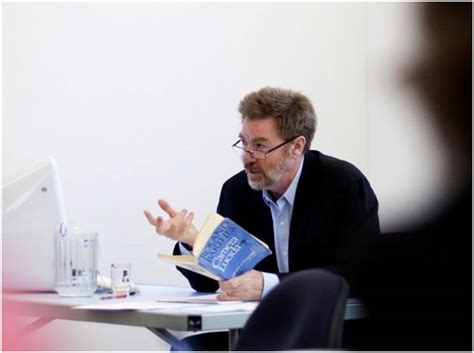A Quote by Lewis Hine
Photographs don’t lie, but liars may photograph
Quote Topics
Related Quotes
But here's the thing about being honest: All the liars HATE you for it, and most of the people in the world are liars. They lie to their bosses, they lie to their families, they lie to themselves, they lie so much they don't even know they're lying anymore. If you have the courage to be honest even a little bit all those people will hate you for it, because their lie is reflected in your honesty. Oscar Wilde wasn't kidding when he said, "If you want to tell people the truth, make them laugh, otherwise they'll kill you."
Because each photograph is only a fragment, its moral and emotional weight depends on where it is inserted. A photograph changes according to the context in which it is seen: thus Smith's Minamata photographs will seem different on a contact sheet, in a gallery, in a political demonstration, in a police file, in a photographic magazine, in a book, on a living-room wall. Each o these situations suggest a different use for the photographs but none can secure their meaning.
But there is more to a fine photograph than information. We are also seeking to present an image that arouses the curiosity of the viewer or that, best of all, provokes the viewer to think-to ask a question or simply to gaze in thoughtful wonder. We know that photographs inform people. We also know that photographs move people. The photograph that does both is the one we want to see and make. It is the kind of picture that makes you want to pick up your own camera again and go to work.
Saudi Arabia is so conservative. At first there were photographs of women I took that I couldn't publish - of women without their abayas. So I started writing out little anecdotes about things I couldn't photograph and wove it in with a more obscure picture and called it "moments that got away". I realised these worked as well as the photographs by themselves. There are a lot of photographers who feel the story is all in the photographs but I really believe in weaving in complementary words with the pictures.































